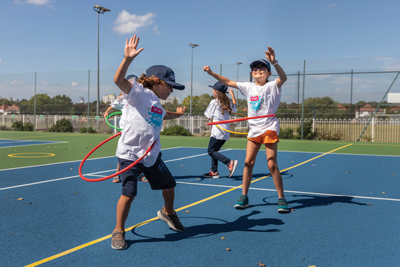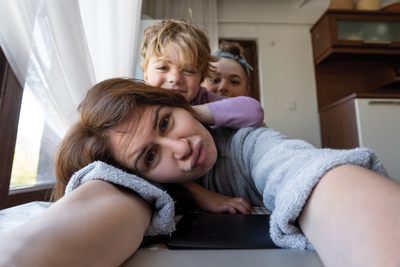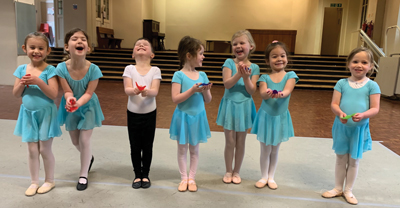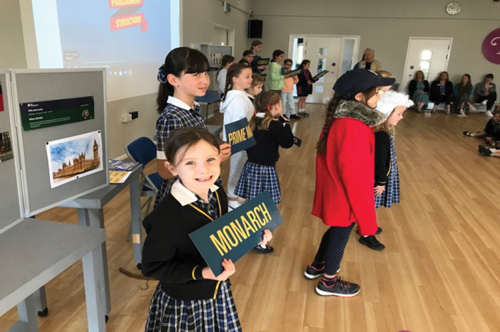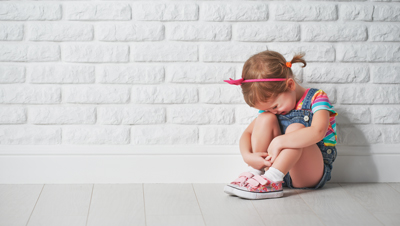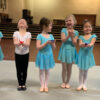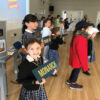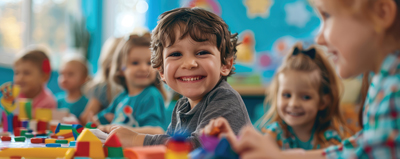
by Jo Allen
Dukes Education Group Ltd
As a parent, selecting the right nursery for your child can be a daunting task. With numerous options available, it’s essential to consider various factors to ensure you make the best choice for your little one. Throughout Sussex, parents have a wealth of options when it comes to nurseries. Here’s a comprehensive guide on the key aspects to consider when choosing the right option for your child.
1. Location
The first thing to consider is the location of the nursery. Opting for a nursery that is conveniently located near your home or workplace can make drop-offs and pick ups much easier. It’s also beneficial for your child to attend a nursery within close proximity, as they will feel more familiar with the surrounding area.
2. Reputation and accreditation
Research the reputation of the nursery you’re considering. Look for accreditations such as OFSTED (Office for Standards in Education, Children’s Services and Skills) ratings, which indicate the quality of care and education provided. Additionally, seek recommendations from other parents or online reviews to gain insights into the nursery’s reputation and track record. www.daynurseries.co.uk provide excellent search functionality to be able to narrow down the criteria of the nursery you are looking for, as well as view parent reviews on all aspects of the setting. Google and Facebook reviews are also a great place to start to get a feel for how families see the nursery.
3. Curriculum and learning approach
Explore the nursery’s curriculum and learning approach, to ensure it aligns with your values and expectations. Consider whether the nursery offers a structured learning programme, promotes play-based learning, or focuses on specific educational philosophies such as Montessori or Reggio Emilia. A well-rounded curriculum that caters to both academic and social development is ideal for nurturing young minds.
4. Facilities and resources
Visit the nursery to assess its facilities and resources. Look for clean, safe and stimulating environments that are conducive to learning and exploration. Check if the nursery has age-appropriate toys, books, outdoor play areas and educational materials that cater to your child’s developmental needs.
5. Staff qualifications and ratio
The qualifications and experience of nursery staff play a crucial role in your child’s care and development. Enquire about the staff-to-child ratio to ensure that each child receives adequate attention and supervision. Qualified and compassionate educators who are passionate about early childhood education can significantly impact your child’s learning journey.
6. Inclusivity and diversity
Choose a nursery that celebrates diversity and promotes inclusivity. Look for settings that embrace children from various cultural backgrounds, abilities and family structures. A diverse environment fosters tolerance, empathy and respect, providing valuable learning experiences for children as they interact with peers from different backgrounds.
7. Health and safety measures
Ensure that the nursery adheres to strict health and safety protocols to safeguard your child’s wellbeing. Enquire about policies regarding hygiene, illness management, emergency procedures and security measures. A reputable nursery prioritises the health and safety of its children and implements measures to prevent accidents and illnesses.
8. Communication and parental involvement
Effective communication between the nursery and parents is essential for maintaining a supportive partnership in your child’s early years. Find out how the nursery communicates with parents regarding their child’s progress, daily activities and upcoming events. Look for opportunities for parental involvement, such as parent-teacher meetings, workshops and volunteering opportunities.
9. Flexibility and additional services
Consider the nursery’s flexibility in terms of scheduling options, fees and additional services. Some nurseries offer extended hours, holiday care and extracurricular activities, providing convenience for working parents. Evaluate the cost of tuition, registration fees and any additional charges to ensure they fit within your budget.
10. Gut feeling and child’s comfort
Ultimately, trust your instincts and observe how your child responds to the nursery environment during visits or trial sessions. Pay attention to their comfort level, interactions with staff and peers and overall demeanor. A nurturing and supportive atmosphere where your child feels happy, safe and engaged is paramount in selecting the perfect nursery.
Choosing a nursery is a significant decision that requires careful consideration and research. By evaluating factors such as location, reputation, curriculum, facilities, staff qualifications, inclusivity, health and safety measures, communication, flexibility and your child’s comfort, you can make an informed choice that sets the foundation for your child’s early education in what are the most crucial years of their lives for development, building confidence and setting them up for their futures.
To discuss opportunities at our nurseries in Sussex and to book a tour, please contact your chosen setting directly. For Reflections Nursery and Forest School in Worthing, call 01903 251518 or visit www.reflectionsnurseries.co.uk. For Hove Village nurseries in Brighton and Hove, call 01273 037449 or visit www.hovevillage.com




